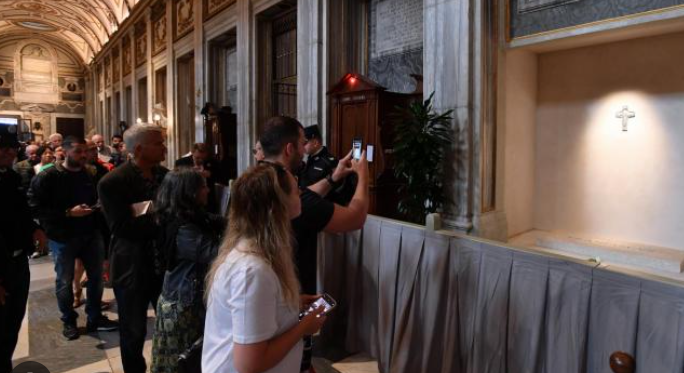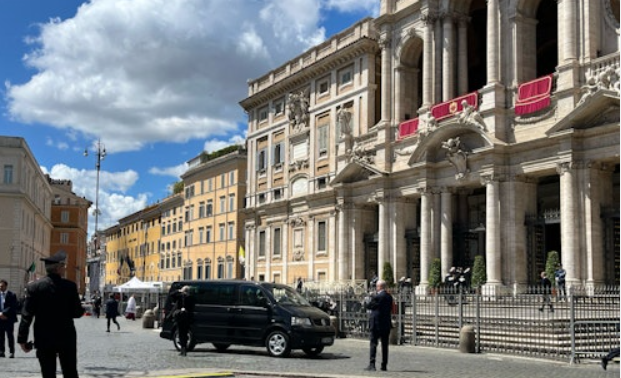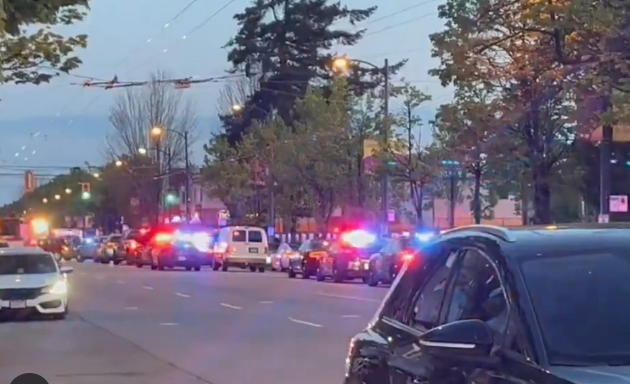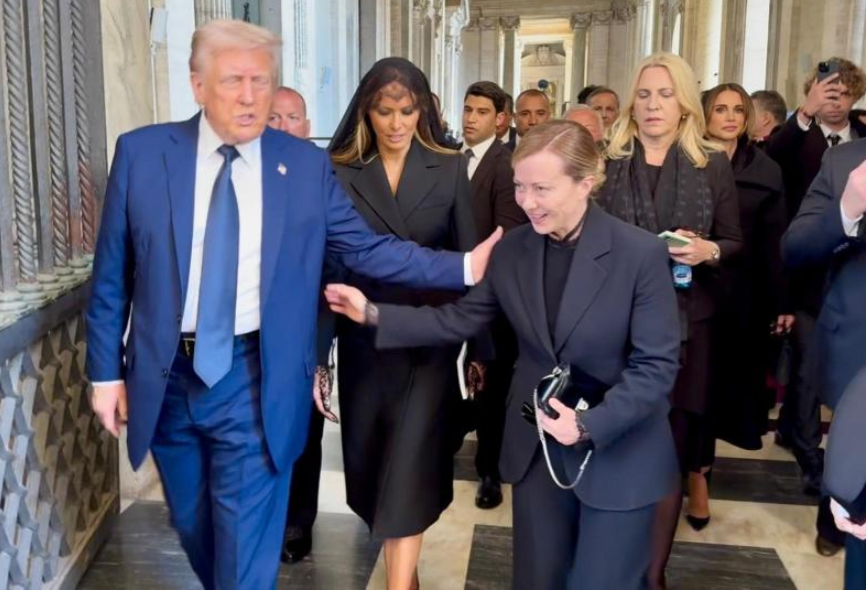BRUSSELS (Reuters) – European Union leaders assured Prime Minister Theresa May on Thursday that the Brexit treaty she agreed last month but is struggling to get through UK parliament should not bind Britain forever to EU rules.
The leaders, meeting over dinner in Brussels, were responding to a plea from May, 24 hours after she survived a bid in her own party to oust her. She sought help to overcome resistance at home to the treaty’s “Irish backstop” – an insurance clause obliging Britain to follow EU trade regulations until a better way is found to avoid a damaging “hard border” across Ireland.
The meeting seemed only to stall for time until after Christmas, when May must win parliamentary approval for her deal or face a risk of a chaotic Brexit in March. Many diplomats expect further high-stakes talks in the new year.
It is questionable the EU has done enough to ensure May can win a vote due within five weeks in a House of Commons bitterly divided over how and even whether to leave the European Union.
But it was not clear what more Brussels might offer because they cannot be sure what London still wants, EU officials said.
In a break with the norm of the past couple of years when May’s statements to the other 27 leaders have been met largely with silence, she was peppered with demands for close to an hour to spell out more clearly what she was seeking. Leaders all ruled out new, legally binding accords to amend the package.
Some EU officials also ruled out any further movement. Leaders quashed a line in an earlier draft of their statement which had held out the prospect that further “assurances” could be given in January. British officials said they were still holding out hope for further help.
“Trust me,” May had told her peers, according to a British official. Warning of the risk of an “accidental” failure to get a deal, she said a majority in parliament wanted to avoid that but needed assurances the backstop was not a “trap”. [L8N1YI6OV]
One person briefed on the exchanges said May was “grilled” by leaders. “Everybody asked: What exactly do you want?,” he said. “She had no solid answers.”
German Chancellor Angela Merkel and others ruled out any reopening of last month’s treaty aimed at easing Britain out of the bloc on March 29. May pulled a parliamentary ratification vote this week facing a heavy defeat. If she cannot turn that around, Britain could crash out chaotically into legal limbo.
It could also ask to stop the clock or, just possibly, hold a new referendum to reverse its 2016 vote to leave – something May herself has insisted her government will not do.
BACKSTOP PLEDGE
“It is the Union’s firm determination to work speedily on a subsequent agreement that establishes by Dec. 31, 2020, alternative arrangements, so that the backstop will not need to be triggered,” the 27 EU leaders said after hearing May out.
The date refers to the end of a status-quo transition period when a new EU-UK free trade pact is supposed to take effect.
“If the backstop were nevertheless to be triggered, it would apply temporarily, unless and until it is superseded by a subsequent agreement that ensures that a hard border is avoided,” the statement added, before concluding: “The backstop would only be in place for as long as strictly necessary.”
For now, that assurance of what is already obvious in the treaty seems unlikely to appease its British opponents. But EU diplomats said leaders were unwilling to go further.
“Our British friends have to tell us what they want,” said EU chief executive Jean-Claude Juncker. “We often find ourselves in a nebulous, vague debate and it is time we got clarity.”
Diplomats said May indicated she would want to come back for a second bite of “assurances” with “legal force” and some said they would be willing to listen and try to accommodate her.
But leaders also warned that the EU was prepared for Britain to leave without a deal rather than to risk unravelling its own system of close integration: “We have postponed the showdown moment. It will come back in January,” one EU diplomat said.
“There is little we can actually do to save the deal — if it falls it’s because there is no will in the UK parliament.”
May won Wednesday’s party ballot among Conservative lawmakers 200-117 but the size of the vote against her deepened divisions. Victory also came at a price – May promised she would step down by the next election scheduled for 2022.
Additional reporting by Kate Holton, Kylie MacLellan, William James and Paul Sandle in London and Elizabeth Piper, Jan Strupczewski, Alissa de Carbonnel, Michel Rose and Philip Blenkinsop in Brussels, Writing by Alastair Macdonald, Editing by David Stamp and Sonya Hepinstall






Leave a Reply